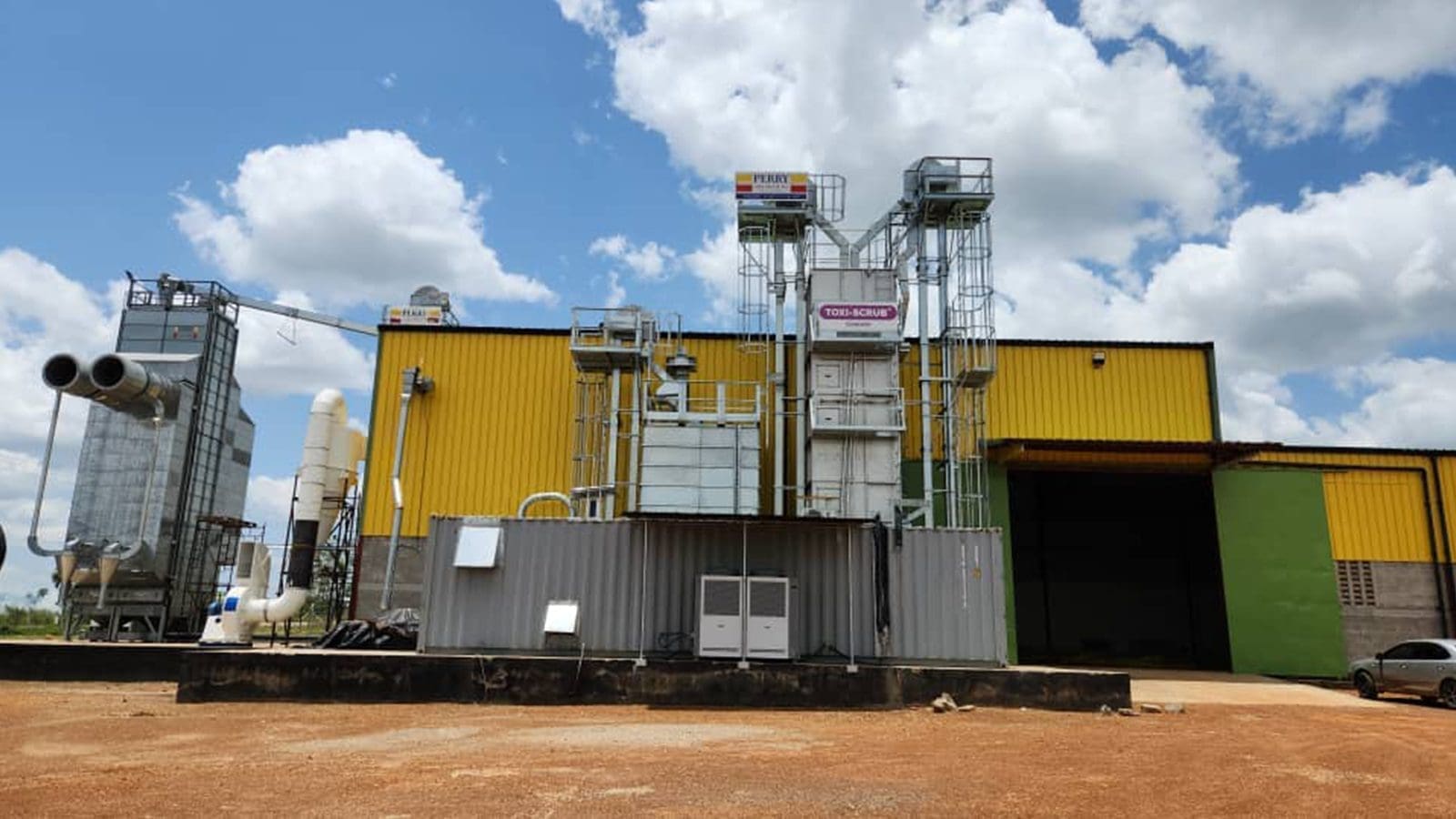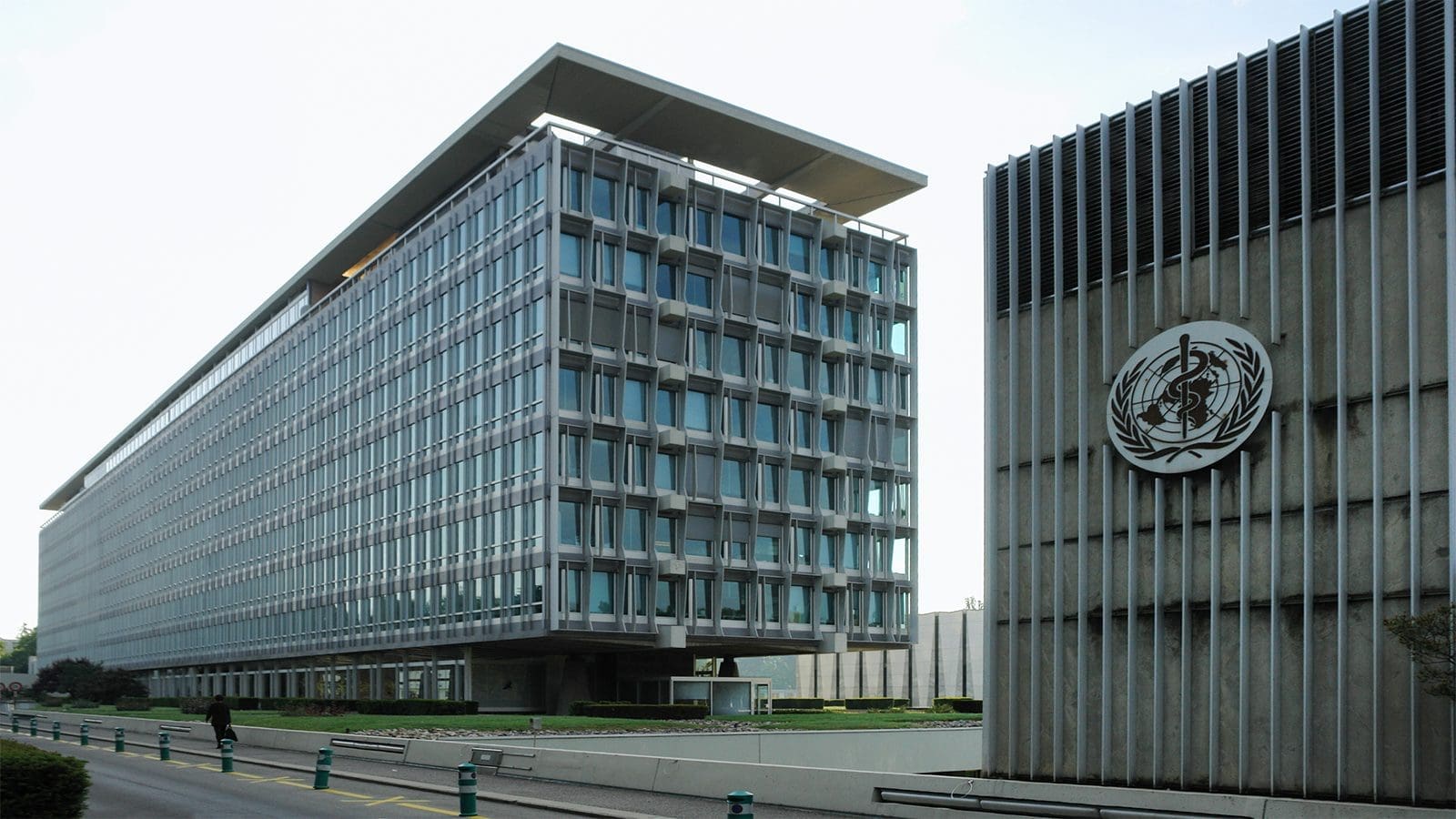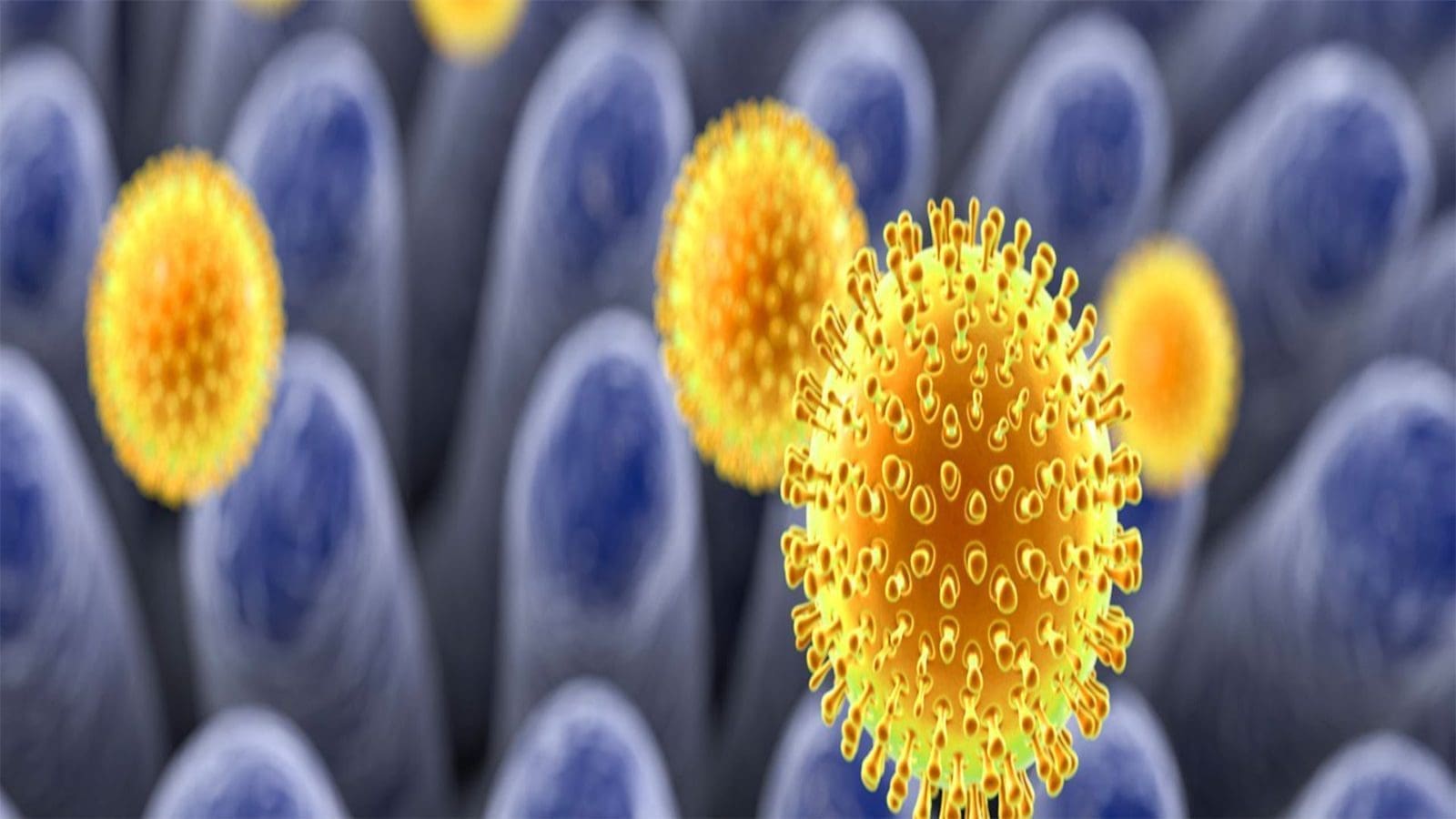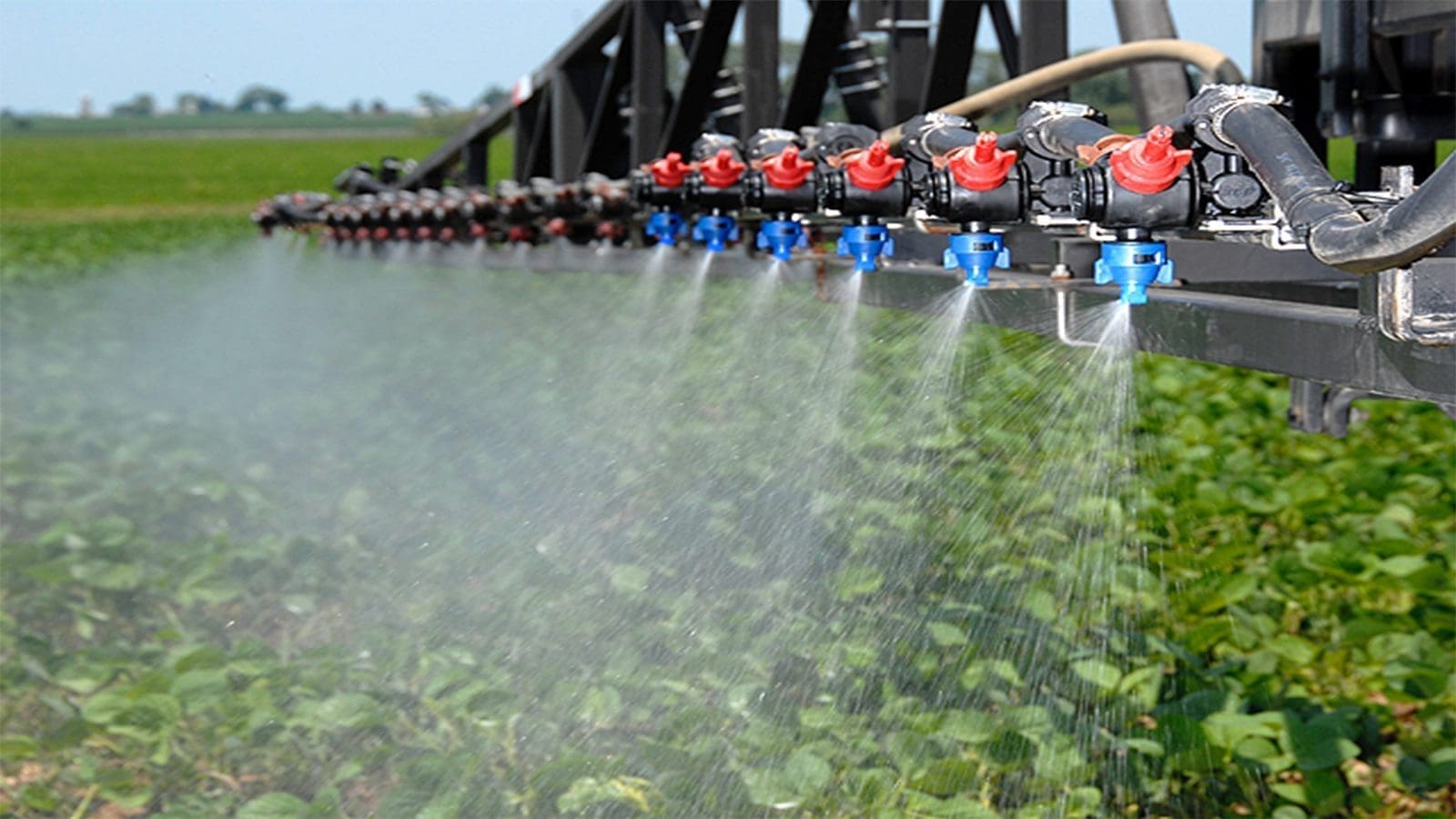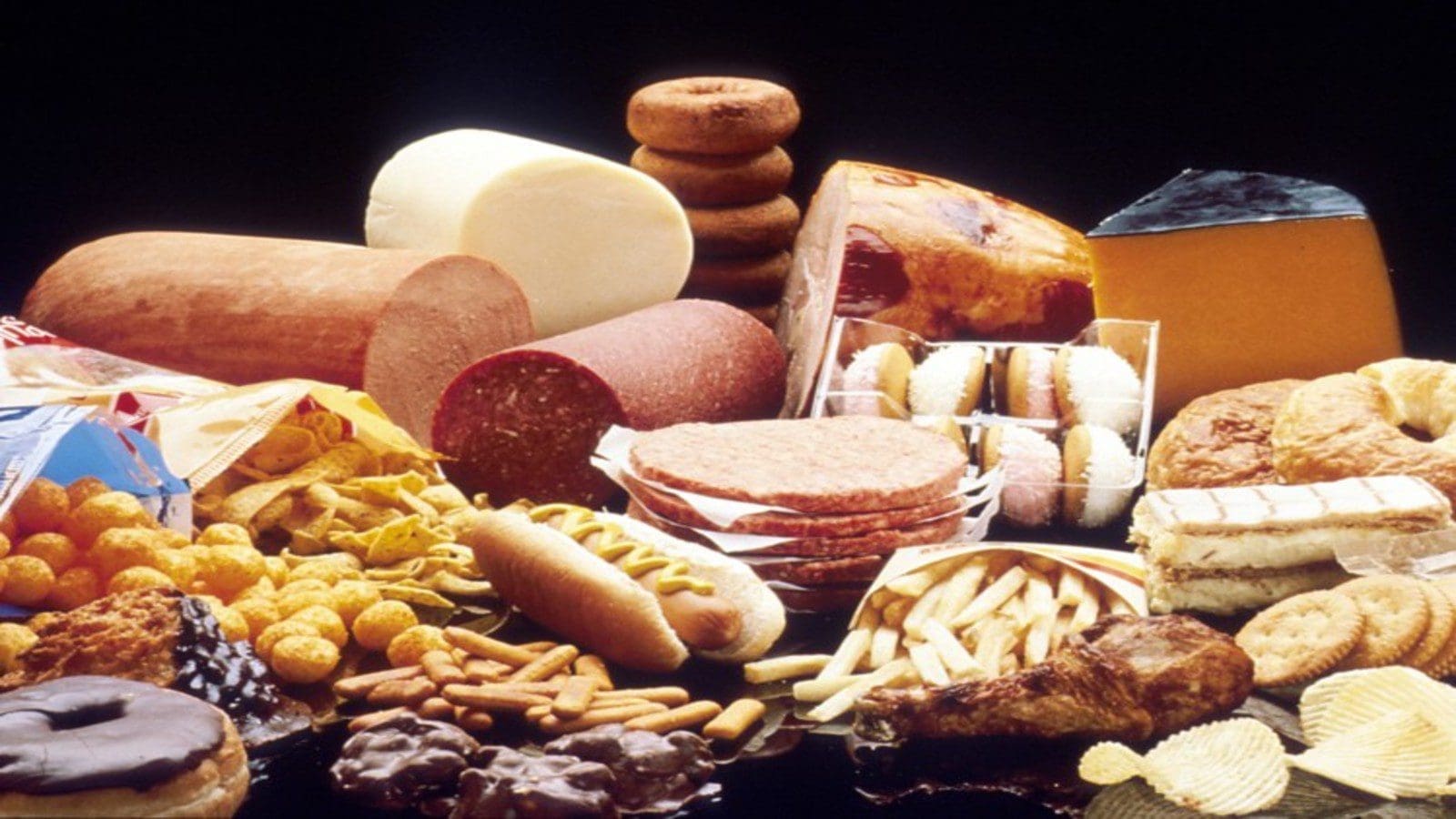UGANDA – PELA Commodities, a Ugandan company that buys, processes, packages and markets agricultural grain products, is set to commence operations after finalizing the installation of Uganda’s first Aflatoxin removal machine, TOXI-SCRUB.
The machine was created by Eye-Grain, and Perry Engineering Ltd, a certified TOXI-SCRUB system reseller, delivered it together with the grain handling equipment.
It was set up by Eye-Grain ApS, Perry Engineering, and its local partner Grain and Toxin Solutions LLC (Uganda).
Perry Engineering are the designers and manufacturers of grain handling, cleaning, drying, and storage equipment and systems, small-scale flour mills, feed mills, and associated products.
Eye-Grain, which is a Danish based company, developed the solution in 2021 following a 10-year research and trial.
The commissioning of the TOXI-SCRUB will commence in the upcoming weeks as part of the final installation phase before it starts normal operation. During this time, interested parties and stakeholders will be able to visit PELA and see the machine in action.
The TOXI-SCRUB will reduce the aflatoxin levels in grain to 100ppb or even lower. It has different treatment programs and can be adjusted to make the necessary treatment to bring the contamination well below allowed levels.
The device can also get rid of bacteria, mites, and insects, in addition to mycotoxins and other biologic activity.
The TOXI-SCRUB processing line can be tailored to any product in the Agro, Feed, and Cereal supply chain, including all types of grain, nuts, beans and cakes from the oilseed industry.
Aflatoxins barring Uganda’s grain market
Maize is Uganda’s most important cereal crop, which is grown on both small and large scales and traded locally and globally by farmers.
As it provides opportunities for Ugandans across the value chain, the grain sub-sector is recognized as one of the most essential sectors for Uganda’s socio-economic transformation.
However, the issue of aflatoxin has impaired the grain market resulting in losses of over US$38 million. In 2021, Kenyan authorities banned Ugandan maize from crossing its borders over high levels of aflatoxins.
This has been driven by the fact that many grain handlers are in the dark in regards to aflatoxins contamination and post- harvest handling.
Aflatoxins result from moulding on grain caused by poor storage of foodstuffs in warm and humid conditions, and to a lesser extent, planting of affected seeds.
It is a type of mycotoxin produced by Aspergillus species of fungi, such as A. flavus and A. parasiticus. The umbrella term aflatoxin refers to four different types of mycotoxins produced, which are B1, B2, G1, and G2.
The most dangerous aflatoxin, B1, is a potent carcinogen and has been linked to adverse health outcomes, including liver cancer in many animal species.
Cotton, peanuts, spices, pistachios, and maize are among the products produced in the tropics and subtropics that are commonly linked to aflatoxins.
“The addition of the TOXI-SCRUB at PELA Commodities is a welcome development and has been eagerly anticipated by grain farmers and traders in the region,” commented Perry.
Liked this article? Subscribe to Food Safety Africa News, our regular email newsletters with the latest news insights from Africa and the World’s food safety, quality and compliance. SUBSCRIBE HERE


